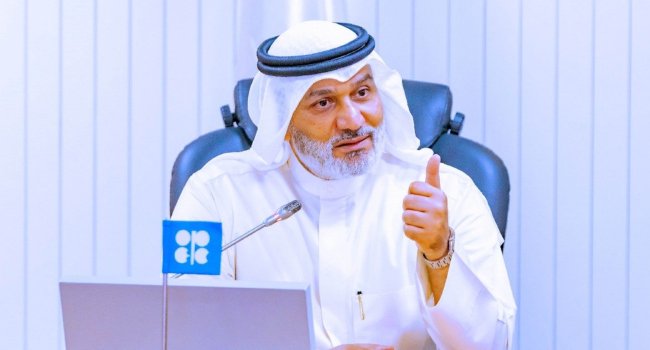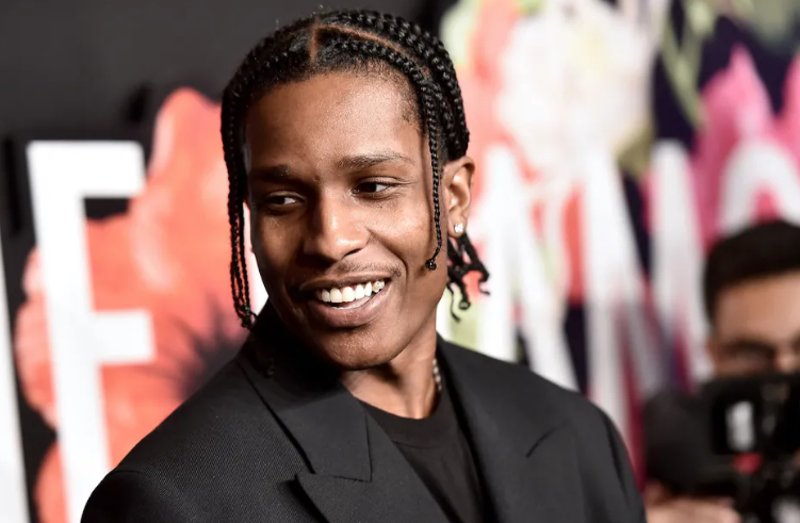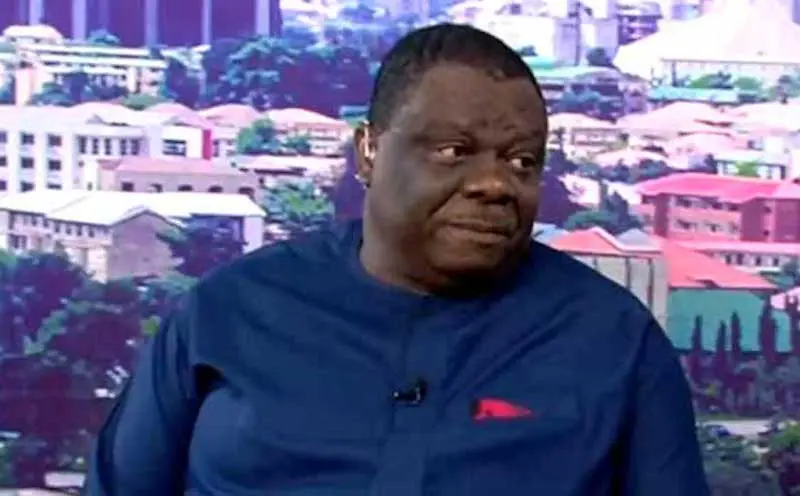In a significant stance against censorship, Telegram founder Pavel Durov has refused a request from a Western European government to block conservative political content on his messaging platform. This move has garnered support from none other than Elon Musk, who voiced his agreement with Durov’s decision. The controversy revolves around the Romanian presidential runoff, where Durov was asked to take down Romanian Telegram channels, a request he vehemently declined.
Durov’s rationale is rooted in the principle that interfering with elections is not an effective way to combat election interference. He succinctly put his point across by stating, “you can’t ‘fight election interference’ by interfering with elections.” This stance was met with a brief yet powerful endorsement from Elon Musk, who posted “Hear, hear!” in response to Durov’s remarks. Musk, known for his involvement in the social media landscape as the majority stake owner of the platform X, clearly aligns with Durov’s views on the matter.
The French government, which was implicated in Durov’s statement, has since acknowledged being the subject of the claims but flatly denied making any such request. However, Durov went a step further by identifying Nicolas Lerner, the director of France’s domestic intelligence agency, the DGSI, as the official involved. This development adds a layer of complexity to the situation, highlighting the intricate dance between governments, social media platforms, and the delicate balance of free speech and election integrity.
The backdrop of this controversy is the recent Romanian presidential election, which saw pro-EU candidate Nicusor Dan emerge victorious in a runoff against Euroskeptic George Simion, albeit by a narrow margin. The election was not without its challenges, including accusations from the Romanian Foreign Ministry that Russia had interfered in the process, although no concrete evidence was provided to support these claims. Russia’s Foreign Ministry spokeswoman, Maria Zakharova, responded critically, suggesting that the Romanian election process was flawed and advising Bucharest not to involve other nations in its internal issues.
This incident also brings to light past controversies surrounding Romanian elections, including the 2024 presidential election, which was marred by the Constitutional Court overturning the result after right-wing independent Calin Georgescu won the first round. Reports at the time linked Georgescu’s social media campaign to a government-affiliated consultancy firm aiming to divide right-wing voters, an example cited by US Vice President J.D. Vance as an instance of EU nations undermining democratic norms.
The intersection of technology, politics, and international relations is increasingly complex, with social media platforms finding themselves at the forefront of debates over free speech, censorship, and election integrity. As the world becomes more interconnected, incidents like these highlight the need for clear guidelines and universal standards on how governments and tech companies navigate these sensitive issues. The support of figures like Elon Musk for principles of non-interference underscores the importance of these discussions, bringing to the forefront the challenge of balancing the need to protect democratic processes with the imperative of preserving free and open communication.



